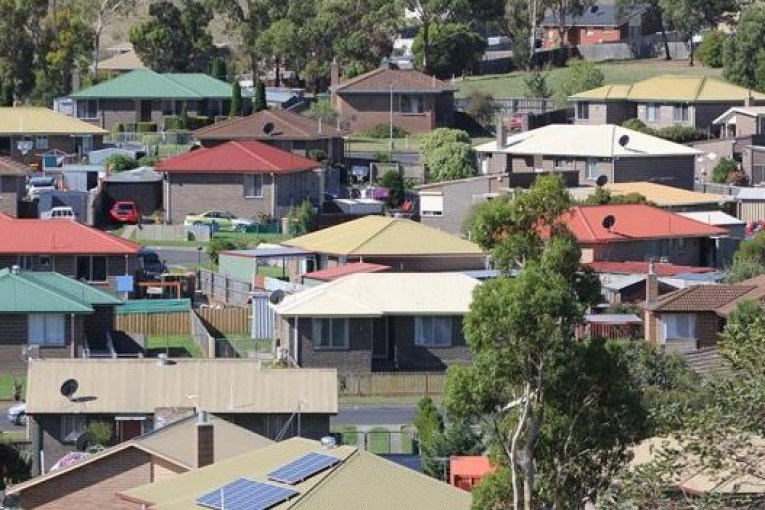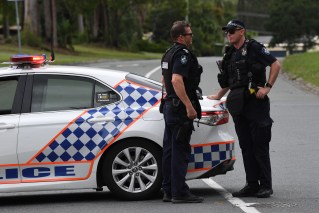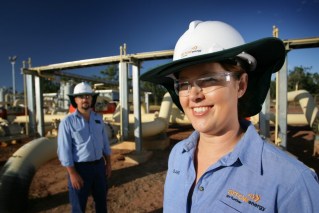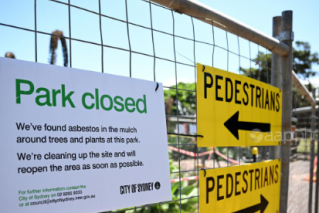Down but not out: Half of Aussie farmers have had suicidal thoughts – study
Close to half of Australian farmers have had thoughts of self-harm or suicide, with one in seven unable to get the help they needed.
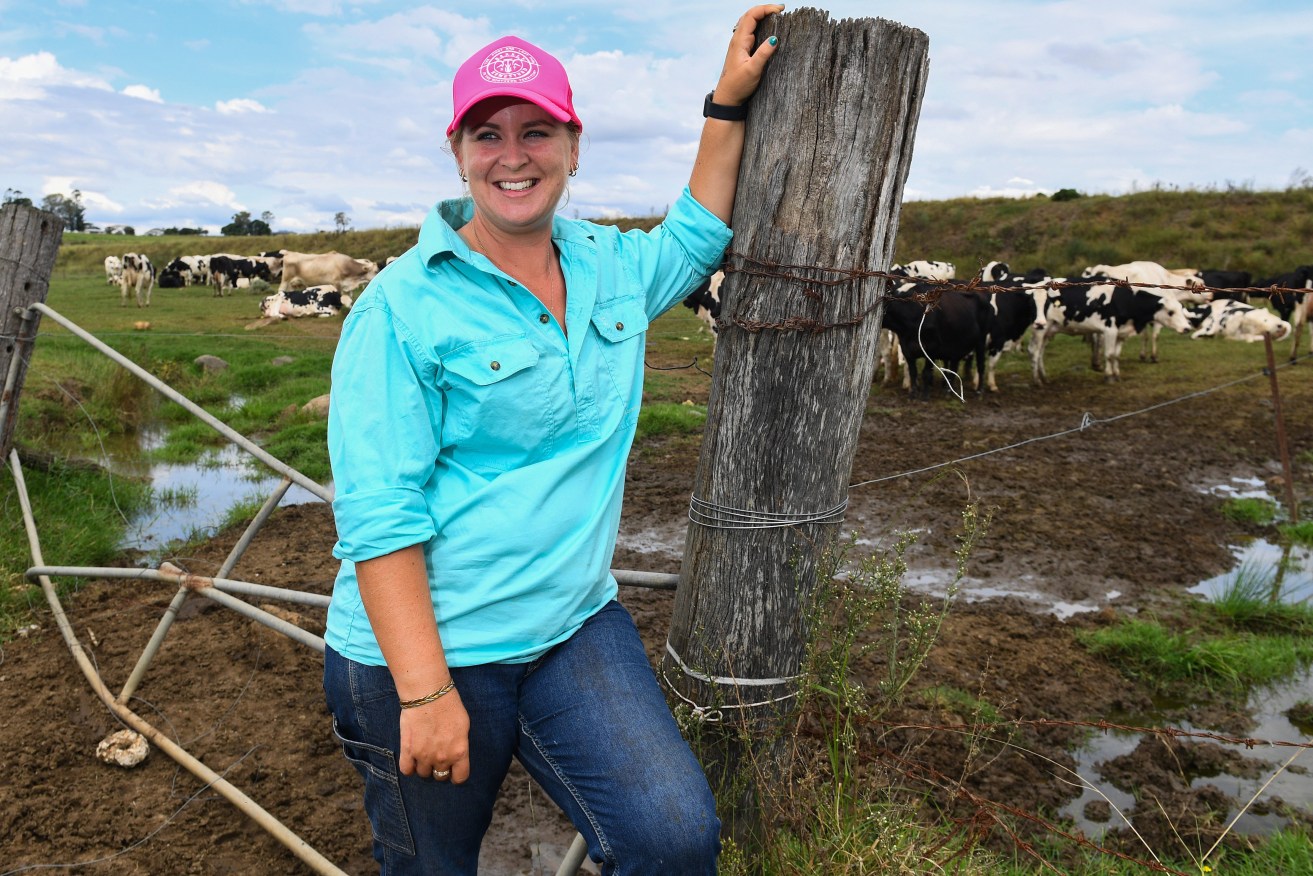
Stephanie Van Der Westen poses for a photograph in Lower Mount Walker, Queensland. (AAP Image/Jono Searle)
The confronting figures are outlined in research described as the most in-depth of its kind examining the declining mental health of agricultural workers.
More than 1300 Australian farmers were interviewed for the wellbeing report, with 30 per cent reporting a decline in their mental health over the last few years.
“The surveys have highlighted the desperate need for assistance in rural areas, especially for farmers to get access to mental health support,” said David Jochinke from the National Farmers’ Federation.
“In many of these areas there’s a waiting list of weeks to get in to see a GP and what happens in the interim?”
The report examined depression and anxiety among farmers across genders, generations, sectors and states, with more female farmers experiencing depression over the past five years (51 per cent) than male farmers (43 per cent). The cotton industry recorded the highest decline in mental health.
The research was commissioned by the federation and dairy group Norco with input from the Black Dog Institute, and released on Wednesday.
Farmers were asked a series of questions about their mental health with almost half blaming the weather and natural disasters as the biggest trigger.
One in five felt defeated, wanting to give up after a natural disaster.
It’s the first national research to be carried out among farmers since the 2022 floods, which caused havoc for east coast producers.
“The effect that’s had on those in the farming communities has been immense,” Jochinke told AAP.
Queensland dairy worker Stephanie van der Westen knows just how immense the struggle has been. The 29-year-old’s mental health declined after flood-borne disease hit her workplace, killing calves she was helping to rear.
She sought help from an unlikely source, her former boss and dairy farmer Ross Blanch, who has worked as a Lifeline counsellor for three decades.
“I’m not probably one that likes to ask for help or let people know that there’s an issue, but it was it was easy to talk to Ross that’s for sure,” she said.
“Ross was in a similar situation to what we were so it was nice to be able to talk to someone that was going through it as well.”
Van der Westen encourages others to reach out if they need help.
“They just need to get rid of that little bit of pride and actually talk to someone,” she said.
Blanch said he was surprised to learn almost half of the farmers interviewed had thoughts of self-harm.
“Generations and generations have just never reached out for help. They sort of buried their mental health problems really,” he said.
Those behind the report said the figures are alarming.
“The research has solidified an issue that we were concerned existed, however the breadth and depth of this issue is really quite profound,” Norco’s Michael Hampson said.
He called for more government help to include a “farmer’s army” of mental health advocates.
Lifeline 13 11 14
beyondblue 1300 22 4636
